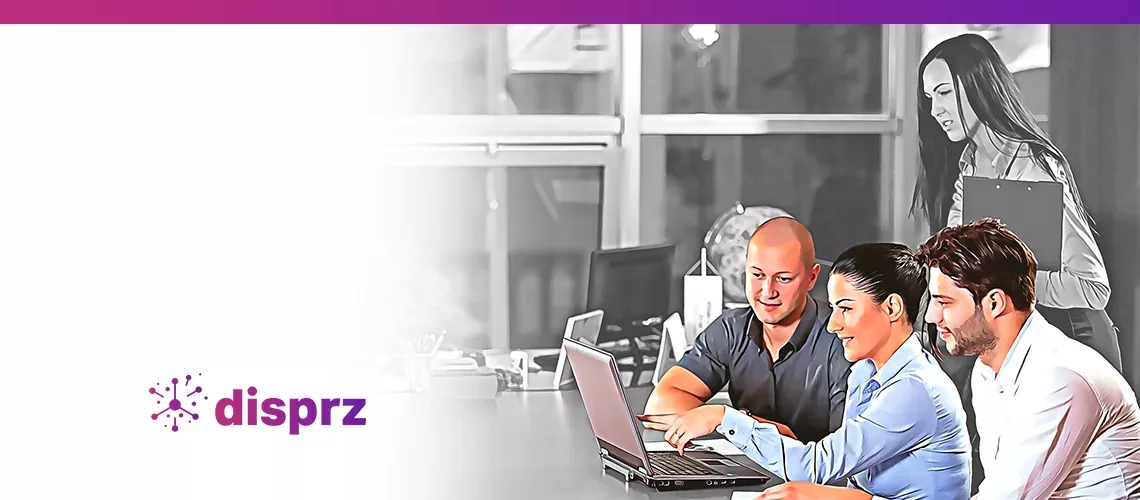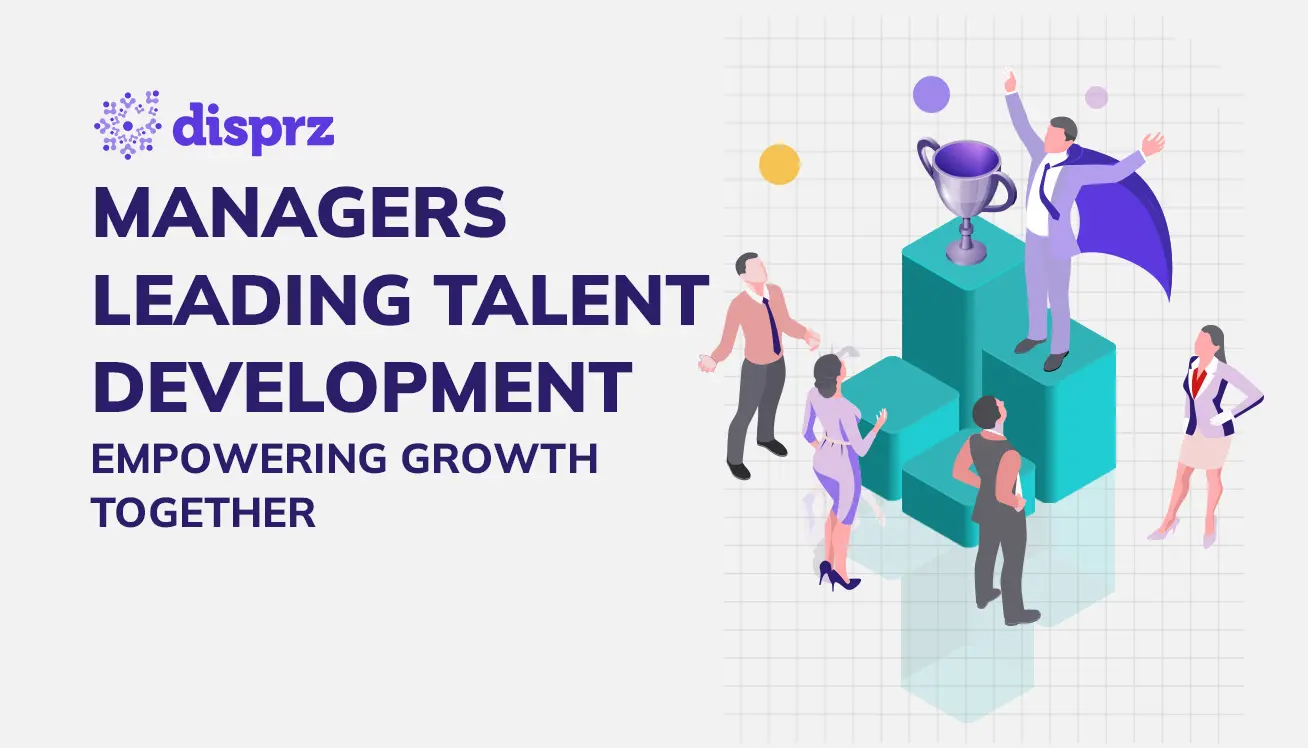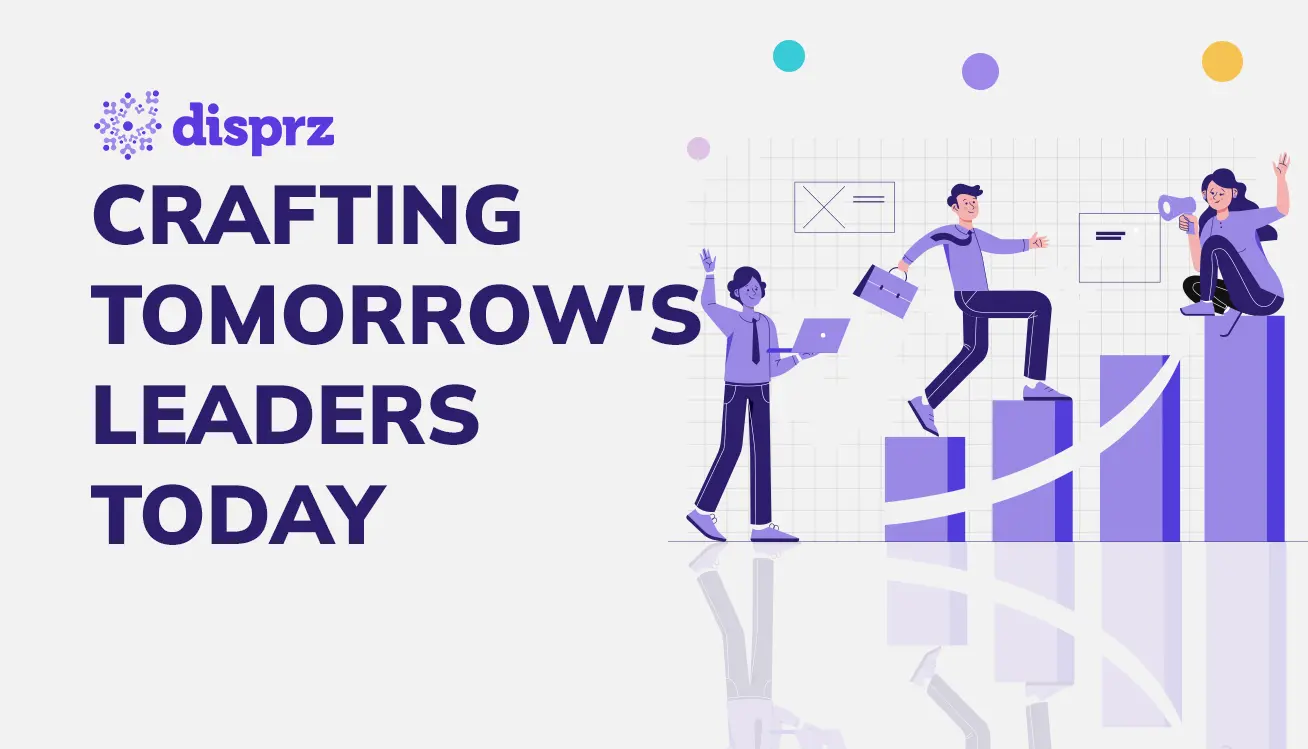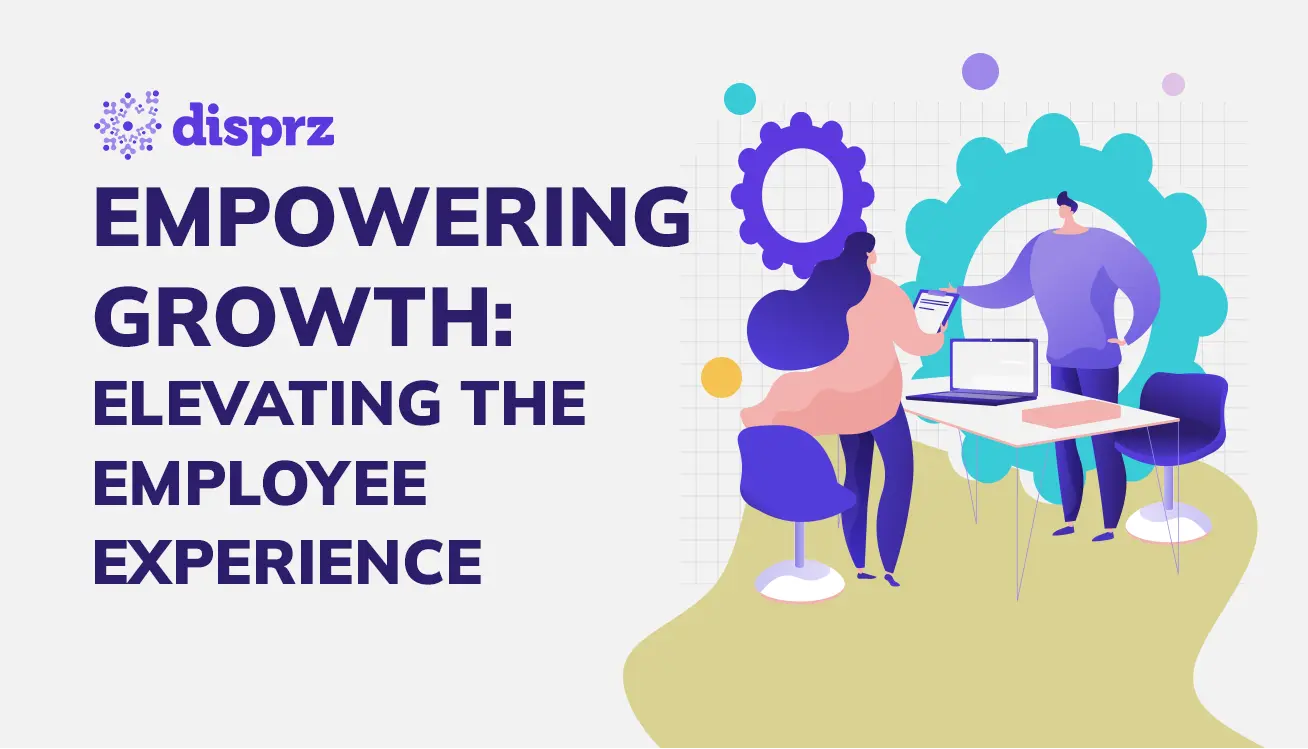-
Outcomes
Latest Blog Posts
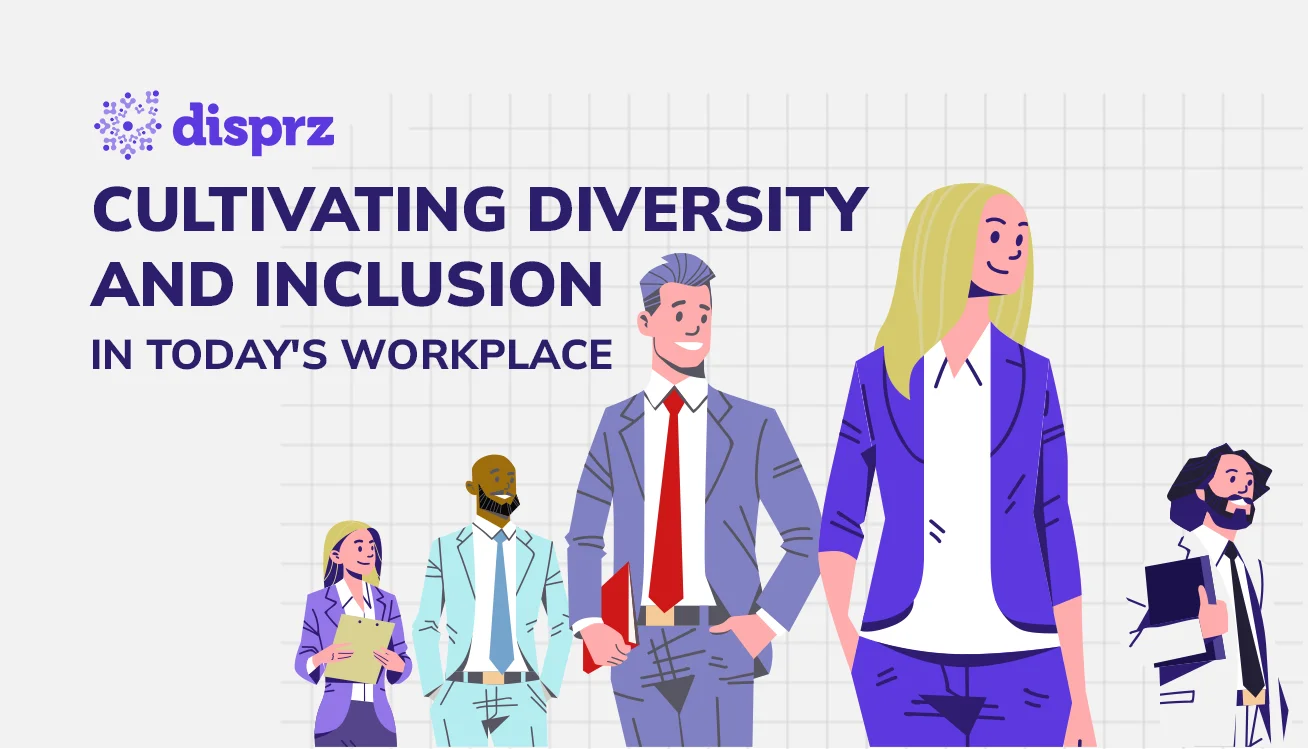 Essential Strategies for L&D Teams in Today’s Workplace by Cultivating Diversity and Inclusion
Essential Strategies for L&D Teams in Today’s Workplace by Cultivating Diversity and Inclusion -
Products
ProductsLatest Blog Posts
 Essential Strategies for L&D Teams in Today’s Workplace by Cultivating Diversity and Inclusion
Essential Strategies for L&D Teams in Today’s Workplace by Cultivating Diversity and Inclusion -
Customers
Latest Blog Posts
 Essential Strategies for L&D Teams in Today’s Workplace by Cultivating Diversity and Inclusion
Essential Strategies for L&D Teams in Today’s Workplace by Cultivating Diversity and Inclusion -
Resources
Latest Blog Posts
 Essential Strategies for L&D Teams in Today’s Workplace by Cultivating Diversity and Inclusion
Essential Strategies for L&D Teams in Today’s Workplace by Cultivating Diversity and Inclusion -
Company
Latest Blog Posts
 Essential Strategies for L&D Teams in Today’s Workplace by Cultivating Diversity and Inclusion
Essential Strategies for L&D Teams in Today’s Workplace by Cultivating Diversity and Inclusion
-
eBookEmployee Upskilling - A Detailed Blueprint For Building A Skills-Driven Learning Culture
The banking industry seems on a roller coaster ride post-COVID. The sluggish economy and mounting regulations have become the new realities for every bank. Digital transformation has converted from a potential opportunity to an urgent necessity. Changing policies, floating interest rates, rising attrition, surging data breaches, and emerging technologies like speed banking, AI, cybersecurity are forcing banks to rethink the way they function.
Moreover, changing consumer expectations for a real-time response on different tech types, e.g. chat, phone, video, etc., has added to these challenges. The knowledge workers who are the backbone of the banks play a significant role here in mitigating these challenges. However, without the right skills and techniques, they fail to respond to the changes and disruptions. So, banks need to cultivate and nurture a culture of continuous learning. This will help the knowledge workers update and enhance their knowledge to keep pace with the evolving banking environment and customer expectations. To train the tech employees, one of our clients digitized their training process. This helped them in creating a hyper-personalized journey for each knowledge worker. Besides, they could ever onboard and get the knowledge workers up to speed quickly.
The skill crisis and dependency on external training resources
Obsolete employee training and development methods fail to address a wide gamut of modern challenges and skill crises that banks are currently facing. There is a gap between intent and action due to barriers like lack of learning time, limited budgets, and lack of management time or support. Some banks are still relying on external trainers to upskill and reskill their knowledge workforce.
Inviting industry experts for providing training in specific areas is surely an effective strategy. However, this approach won’t help in embedding learning in the flow of work, which is of paramount importance in a world of disruption and uncertainties. Due to digital acceleration, knowledge workers need learning at the time of need.
Technologies like speed banking, neo banking, and blockchain have entered the banking industry. Instead of taking physical cash banks are moving towards digital payments. Moreover, with the deployment of technologies, cyber risks are also increasing. So banks are even implementing anti-hacking tools to keep their customers sensitive and personal information safe.
Knowledge workers get stuck with these cutting-edge technologies that are regularly upgraded. Moreover, customers are adopting modern technologies for interacting and addressing various banking needs. Most Indian adults find digital banking more convenient in this Post-Covid world.
Around 22% of Indian adults – an estimated 205 million – say they have a digital-only bank account and that number is set to grow according to the latest Google Survey of 2,512 Indian adults.
To win in the digital-first world, banks need to tap the online space for continuous learning and development. The Modern learning solutions can be of great help here as they not only offer a platform for compliance training but also supports self-paced/ personalized training for employee growth.
With access to personalized learning content, the average learning hours of knowledge workers grew by 73% on the disprz app
Creating a culture of continuous learning
If implemented correctly, a culture of continuous learning can boost productivity, improve employee engagement, drive performance and make knowledge workers future-ready.
Here are five ways to establish a productive culture of continuous learning in your banks.
Learning at different levels
Due to technological advances, evolving trends, and regular updates on Government regulations, banks need to consider building a scalable learning infrastructure.
A perfect blend of capability building and immersive experience is imperative for knowledge and skill-building in banks. This is why it is important to divide learning into two levels:
Organizational level
Regulatory inflammation has made compliance training a must in banks. Through modern learning solutions, banks can conduct live or classroom sessions to help employees at different levels understand, apply and comply with the regulatory requirements. Besides, the policies, schemes, and digital banking needs are continuously changing. So with the classroom and live sessions, banks can bring all the employees on one platform and update them about the changes.
Individual
Knowledge workers’ current skills are losing relevance due to rapidly changing conditions. However, banking employees are expected to balance the need for developing new skills with their day-to-day responsibilities. Self-paced learning can support this requirement and help knowledge workers expand beyond their current roles. An LXP platform, can identify skills needed for each role and even drive hyper-personalized learning journeys to fill the skill gap.
Bite-sized Multilingual learning
Microlearning is one of the best ways to overcome the time constraints that the banking workforce normally faces. Knowledge workers can stay abreast with the changing digital banking trends or market fluctuations through easily digestible information nuggets. For example, new schemes are regularly released in banks, so banks can keep the knowledge workforce updated with a bite-sized approach.
Microlearning helps cultivate a culture of continuous learning. Knowledge workers can keep pace with new customer interaction tools and technologies to serve clients more efficiently through bite-sized information chunks.
Banks normally have branches spread across various cities, and many of the knowledge workers are very fluent in the local language. So a multilingual learning strategy combined with microlearning can help grab the attention of the employees. They can quickly absorb more learning materials in less time and take assessments in the language they prefer.
Bite-sized multilingual learning helped one of our clients at Dispz in making learning more intuitive and engaging for their distributed workforce.
Including managers to nurture the culture
Bringing managers in the flow of learning can be beneficial in creating a learning culture. Regular assignments and assessments in a learning solution can help improve employee performance. Most learning solutions integrate with different systems like CRM or ERP. So the data like the number of clients on boarded or the number of calls made for personal loans etc can be fetched to give a KPI score in a learning solution.
Managers can identify high-performing employees through KPI-based coaching and give real-time feedback to knowledge with low KPI scores.
Post-covid bank customer queries have increased, so through stress testing/mock calls, managers can prepare the knowledge workers to handle various challenging situations.
Social learning to keep everyone aware with updates
Social learning is a great way to collaborate and learn from colleagues, especially in the ever-changing banking industry. Knowledge workers can easily share information and post queries.
disprz, a learning solution, offers a social platform like Buzz where learners can start a discussion thread on a specific topic. For instance, a knowledge worker wants to know the new FD interest rates before meeting a client so he can easily post the question on the social wall and the teammates or trainer can respond to it.
Conclusion
Knowledge workers are an important resource for any bank. To get the most out of this valuable resource, creating a culture of continuous learning is essential. A complete skilling suite like disprz can help you in upskilling and reskilling your knowledge workforce. Blending technology with the principles of cognitive science, disprz Skill Stack creates impactful and engaging learning pathways for you knowledge worker. See a preview to experience disprz in action.
About the author

Debashree Patnaik
Debashree is a seasoned content strategist at Disprz.ai, specializing in enterprise learning and skilling. With diverse experience in B2B and B2C sectors, including ed tech, she leads the creation of our Purple papers, driving thought leadership. Her focus on generative AI, skilling, and learning reflects her commitment to innovation. With over 6 years of content management expertise, Debashree holds a degree in Aeronautical Engineering and seamlessly combines technical knowledge with compelling storytelling to inspire change and drive engagement.
More Resources
4 min read
• 15 Apr 2024
Unlocking the Power of Managerial Engagement in Talent Development
4 min read
• 09 Apr 2024
Nurturing Excellence in Building Leadership Pipelines
4 min read
• 09 Apr 2024
Improving “Employee Experience” For Organizational Growth
Sign up to get free resources and stay up to date with Disprz!
Discover how Disprz can align learning and upskilling with your desired business outcomes.


